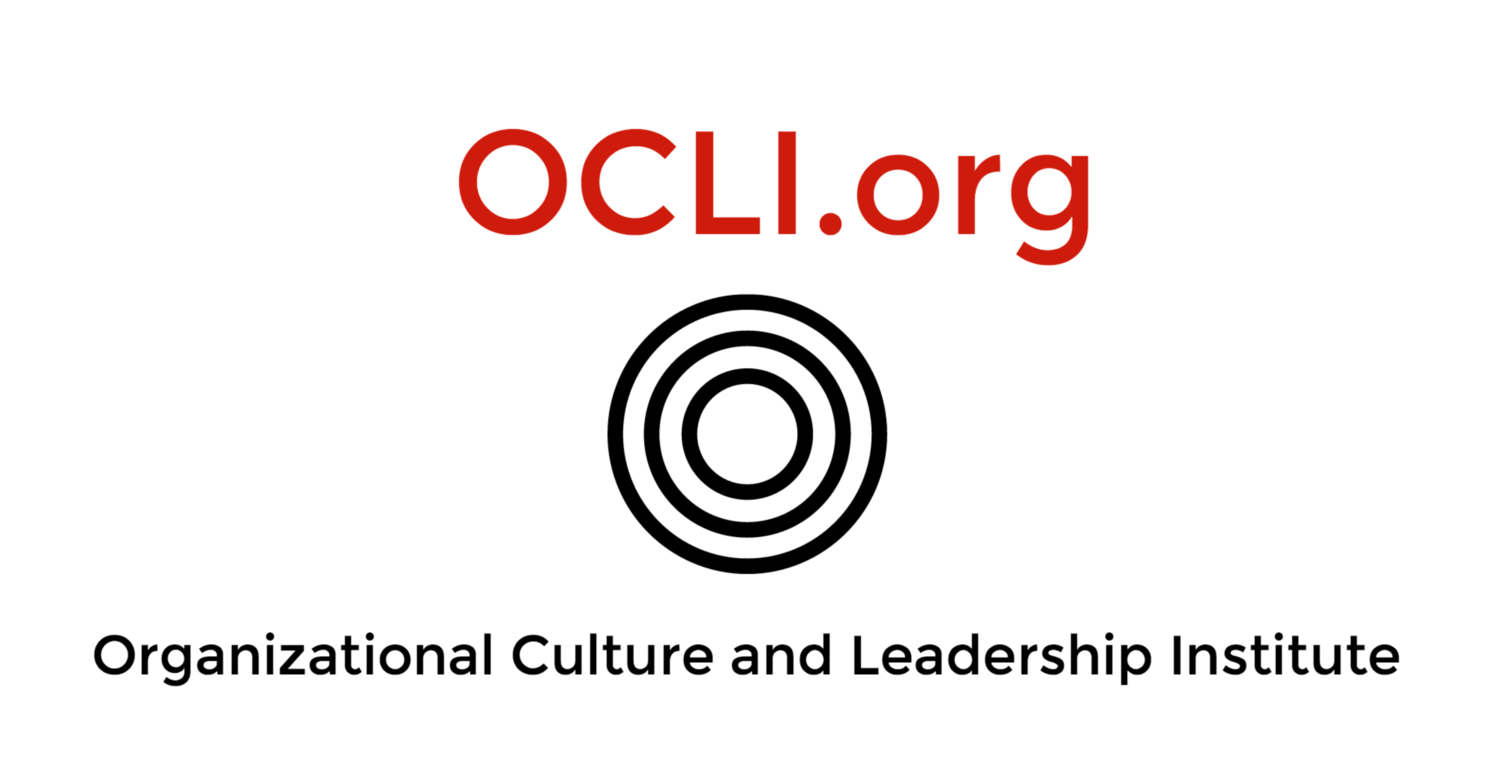Aristotle
We see Google’s innovation everywhere, it excites us, it scares us, it changes our behavior. When a Google innovation becomes public we can be pretty sure it has been worked on with degrees of comprehensiveness and discipline that few companies have the scope and scale to achieve. So, when I first heard about Project Aristotle I expected to be confident it was intricate, deeply scientific, fully integrated, and entirely credible. It would be the definitive socio-technical reference study on what makes teams effective. It turns out, this is not entirely the case.
There is a super must-read article written by Charles Duhigg of the New York Times that touches on what Project Aristotle was, and is, to Google. The article describes how, since originating the project in 2012, Google has yet to conclude what types of teams, composed of variants of functions, skills, personality types, backgrounds etc. can consistently outperform other teams. Duhigg summarizes:
“Some groups that were ranked among Google’s most effective teams, for instance, were composed of friends who socialized outside work. Others were made up of people who were basically strangers away from the conference room. Some groups sought strong managers. Others preferred a less hierarchical structure. Most confounding of all, two teams might have nearly identical makeups, with overlapping memberships, but radically different levels of effectiveness.”
Google has heaps of data to quantify differences. But the data alone doesn't answer the question. It was in qualitative differences that Project Aristotle leaders started to gain insight. How teams in the study established group norms emerged as the linchpin. Group norms, a.k.a. a team's culture, differed and revealed patterns that could be associated with team effectiveness, or lack thereof.
“After looking at over a hundred groups for more than a year, Project Aristotle researchers concluded that understanding and influencing group norms were the keys to improving Google’s teams.”
The group norm that stood out for Google researchers would likely be of little surprise to Ed Schein, or his predecessors and followers at NTL, MIT, HBS, Stanford and so on. In fact, Duhigg references Amy Edmondson’s work at Harvard describing the pivotal norm of “psychological safety” that makes “the team safe for interpersonal risk-taking”:
‘‘It describes a team climate characterized by interpersonal trust and mutual respect in which people are comfortable being themselves.’’ (Edmonson 1999)
Does this sound “touchy feely”? You bet it does! I recently attended an NTL Human Interaction Lab, a T-group. It cannot be overstated how powerful this learning -- about oneself, others, and the T-group’s internal and external relationships -- is in modeling personal and professional interactions. If there is one word to summarize a T-group's foundational learning, it is personalization. A T-group compels its members to be open and authentic, so that defensiveness is diminished, trust is built, interpersonal risk-taking is essential, and, typically, self-esteem grows alongside team pride. The "only" requirements are to be present, non-judgmental, in the here and now, and mindful of how transformational the experience is, in and of itself. Duhigg notes:
“Project Aristotle is a reminder that when companies try to optimize everything, it’s sometimes easy to forget that success is often built on experiences — like emotional interactions and complicated conversations and discussions of who we want to be and how our teammates make us feel — that can’t really be optimized.”
I won’t hazard to guess whether Google would think of Project Aristotle as a reinforcement of personalization, the central point of T-Groups. Still, the convergence is striking. With about 60 years between them -- moon landings, mainframes and microelectronics, TCP/IP and WWW, handhelds and big data -- NTL and Project Aristotle point to the same simple idea of the unifying potency of personalization to foster trust and “safety” in team formation and team performance:
“Google, in other words, in its race to build the perfect team, has perhaps unintentionally demonstrated the usefulness of imperfection and done what Silicon Valley does best: figure out how to create psychological safety faster, better and in more productive ways.”
Ed Schein builds on the theme of personalization as central to the consultant’s helping role in Humble Consulting. Suffice it to say we were excited to hear about Project Aristotle and Google’s insights, and we want to again acknowledge Duhigg’s great article. As for Humble Consulting, it is shipping soon (including Kindle and iBooks on April 4th). If you are interested (and I’ll take it as self-evident if you have read this far), here is a bonus -- We have some sneak peaks for those willing to listen -- Humble Consulting in Audible audiobook format. If you are interested, let me know at peter@ocli.org. I look forward to hearing from you.
And if you like this post, please "like" it and "share" it, below.

